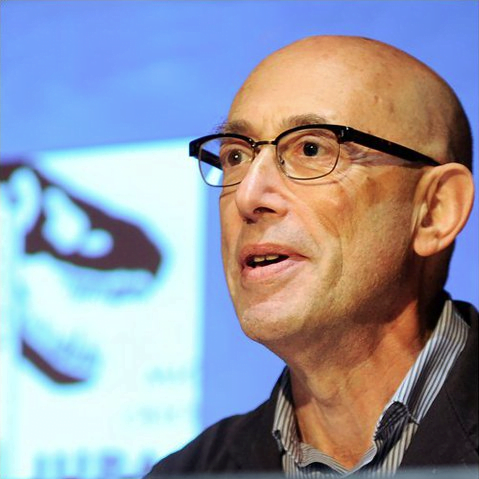Nostalgia, anxiety and optimism mix in this panel devoted to imagining what lies ahead for the book, as publishing professionals and others discuss the impact of digital technology on the business.
Small Beer Press, Gavin Grant‘s boutique Massachusetts publishing company, “is still in the business of producing paper objects.” But new technologies are transforming his work in several ways: He licenses some books via Creative Commons; releases others as downloads in a variety of ebook formats (generating these can be an expensive “hassle”); and deploys social media, in the form of blogs and Facebook-enabled communication, to publicize and attract passionate readers to the firm’s website. Grant sees Amazon and its Kindle as a bully driving readers toward best sellers, and is interested in the “hyperlocal” possibilities of the web for publishing: finding readers for his one-of-a-kind publications, and inviting them to peruse his non-mainstream book lists.
Agent Jennifer Jackson describes some intriguing direct marketing activities made possible by the web, including author-produced book trailers on YouTube, and an online media project undertaken by clients and other authors: a website consisting of episodes for a fictional TV show. Jackson also maintains blogs that she hopes provide “transparency” about her end of the business, a way to bridge “the great divide” between agents and authors. Her authors are concerned with digital piracy but Jackson feels wide distribution of an author’s work ends up generating more sales over time.
Robert Miller‘s frustration with the trade publishing model– in particular, astronomical advances to authors, and book return rates of 40%—led to HarperStudio (a Harper Collins offshoot). His notion of “starting something from scratch” involves making digital and physical books available simultaneously to the reader. His first offering is a collection of previously unpublished pieces by Mark Twain that are available as individual books, or in discounted bundles with audio books and downloadable books. He celebrates the reduction in production costs in moving to digital, but he’s wary of the small but rapidly expanding ebook market, which he anticipates will impose a “downward pressure on prices,” a loss of revenue that will negatively impact his business.
Bob Stein envisions a wholesale evolution of the essence of books, from objects to “a place where readers and sometimes authors congregate.” His Institute on the Future of the Book hosts experiments in publishing, such as one where an author essentially blogs and moderates responses around a particular subject. Readers could someday collaborate with dead authors, adding chapters to finished books, for instance. He sees ebooks as transitional: “The experiments which have to do with increasing sales of book are interesting, and will prolong publishing but won’t invent the future of how humans work together to increase our knowledge, which is what publishing used to do.” These new expressive forms won’t emerge quickly. It took 300 years after the invention of the printing before the first novel was written, he notes, but inexorably, “we’re shifting the ways humans communicate with each other.”



